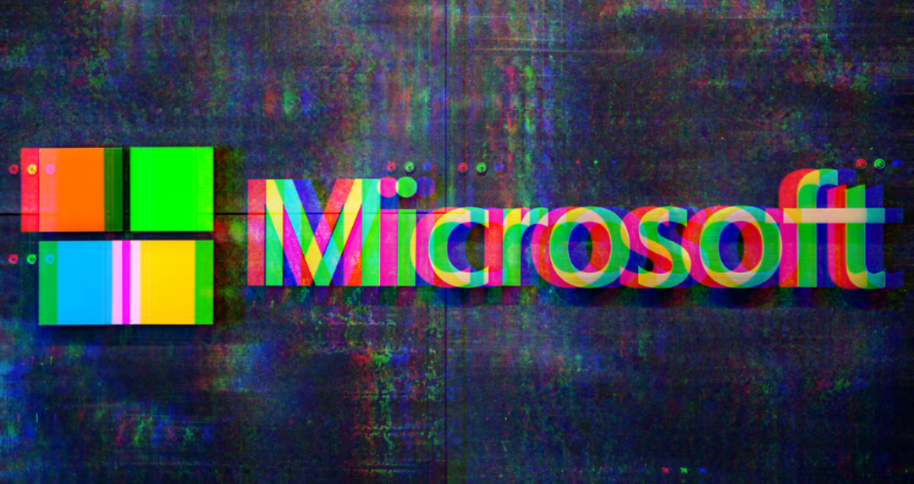Microsoft Refutes Allegations of Data Breach Involving 30 Million Customer Accounts by Anonymous Sudan Hackers

Microsoft Denies Data Breach Claims by Anonymous Sudan Hacktivists
Microsoft has rejected the assertions made by hacktivist group “Anonymous Sudan” regarding the breach of the company’s servers and the theft of credentials for 30 million customer accounts. Anonymous Sudan has gained notoriety for launching debilitating distributed denial-of-service (DDoS) attacks against Western entities in recent months and has revealed affiliations with pro-Russian hacktivist groups like Killnet.
Just last month, Microsoft acknowledged that Anonymous Sudan was responsible for service disruptions and outages at the beginning of June, impacting various services including Azure, Outlook, and OneDrive.
See Also: So you want to be a hacker?
Offensive Security, Bug Bounty Courses
On Sunday, the hacktivist group claimed to have successfully hacked Microsoft, stating that they gained access to a vast database containing over 30 million Microsoft accounts, including emails and passwords. Anonymous Sudan went as far as offering to sell this database to interested parties for $50,000, urging potential buyers to contact their Telegram bot to arrange the purchase of the data.
 AS post on Telegram
AS post on Telegram
(BleepingComputer)
The Telegram post shared by Anonymous Sudan included a sample of the allegedly stolen data from Microsoft, serving as evidence of the breach while also predicting that Microsoft would deny their claims. However, the origin of the 100 credential pairs provided by the group could not be verified, raising doubts about their authenticity.
Trending: Recon Tool: Logsensor
Microsoft’s response
In response to BleepingComputer’s request for comment on the validity of Anonymous Sudan’s claims, a Microsoft spokesperson categorically denied any data breach. According to the company representative, their analysis of the data indicates that these claims are unfounded and merely an aggregation of existing data.
Microsoft has found no evidence to suggest that customer data has been accessed or compromised.
The status of Microsoft’s investigation into the matter remains unclear, with ongoing efforts to determine the veracity of the hacktivists’ claims. Furthermore, it remains to be seen how the company will react to the potential public release of the data, should it indeed be genuine.
Are u a security researcher? Or a company that writes articles or write ups about Cyber Security, Offensive Security (related to information security in general) that match with our specific audience and is worth sharing?
If you want to express your idea in an article contact us here for a quote: [email protected]
Source: bleepingcomputer.com












